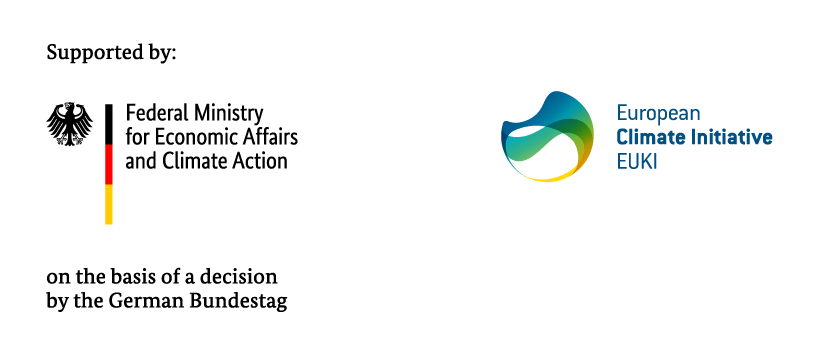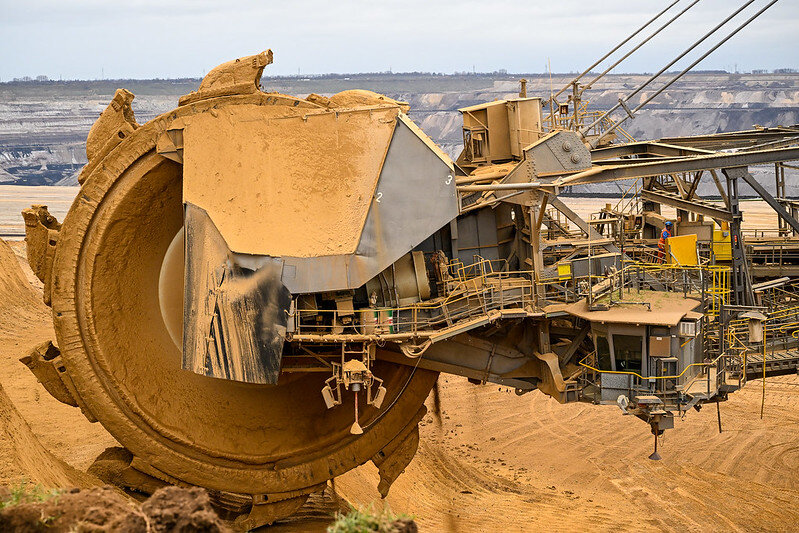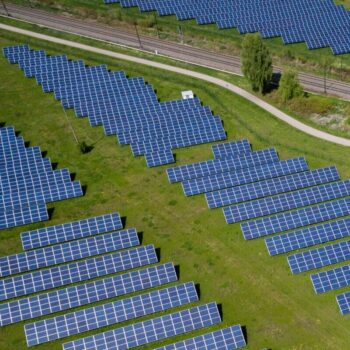Germany reactivated 8 GW of coal plants to compensate for loss of Russian gas supply. But this doesn’t mean the country’s coal phase out is at risk. Instead, Germany is taking steps towards a renewables-based power sector.
Clean power by 2035 within reach
Germany sent a clear signal that ramping up wind and solar is central to its response to the energy crisis. The government raised the country’s renewables target less than two months after Russia’s attack on the Ukraine. It now aims to achieve 80% of renewables in the country’s gross power consumption by 2030 (up from 65%). This includes 215 GW solar, 115 GW onshore and 30 GW offshore wind capacity. Currently, renewables have a share of 47%.
The higher target puts Germany on track for an almost fully renewables-based electricity sector by 2035 – an important benchmark recently reaffirmed by the G7. The German coalition government could not yet agree on making this target official government policy but the measures that will deliver a clean power sector are largely in place. They range from increasing the land available for wind and solar to speeding up permitting procedures and grid development. Further efforts are necessary to ensure the new targets for wind and solar are met.
Coal phase out going ahead
The energy crisis highlighted the poor energy policy choices Germany made in the past. It became too dependent on Russian fossil gas and it did not make enough progress on building wind and solar installations as well as the needed electricity grid. This meant the German government left itself with no choice but to let 8 GW of coal capacity return to the electricity market from the country’s existing reserve. It also extended the lifespan of two lignite plants (600 MW each) until 2025 at the latest, leaving Germany with 38 GW of net installed electricity generation capacity from hard coal and lignite.
These were temporary measures to compensate for the immediate loss of Russian pipeline gas and do not change the fact that coal use remains in structural decline. A coal exit by 2030 is likely to happen either by the government successfully renegotiating the phase out timetable with coal regions or by a high carbon price in the EU.
The Economy and Climate Minister remains committed to speeding up the initial exit timeline. A deal with energy giant RWE in the state of North Rhine-Westphalia, home to Germany’s largest lignite region, already moves the phase out of lignite plants in the region forward to 2030 – a decision made while the energy crisis was in full swing. The government is now considering a similar agreement with the remaining two lignite regions in Germany’s East.
The recently revised and strengthened EU emissions trading system, which has led to record high carbon prices, remains a key driver of the rapid decline of coal. It is expected to make lignite plants too expensive to operate by 2030 and hard coal plants shortly afterwards.
The coal comeback that isn’t
The additional coal capacity that was brought back online will stop running soon. Reactivated lignite plants are allowed to stay online until June 2023 and hard coal plants can run until March 2024. A recent report by Ember shows they are already operating at limited capacity.
Studies also question whether the expansion of the Garzweiler lignite mine in North Rhine-Westphalia at the expense of the village Luetzerath is necessary. Their findings show that the lignite reserves are not needed for secure power supply until 2030. Instead, they suspect RWE considers this the cheapest option to make extra revenues now before coal will become too expensive at the end of the decade.
Germany is not the only EU country hitting the fast-forward button on its energy transition in response to the energy crisis. The EU itself is ramping up renewables too, with several countries actually going faster than Germany. One year through the energy crisis, coal is not seen as a long-term solution – not in Germany and not in the EU.



